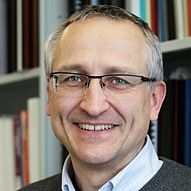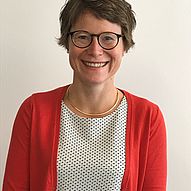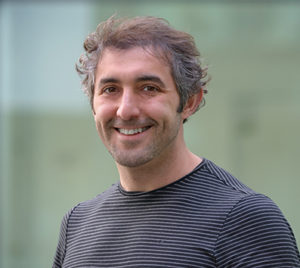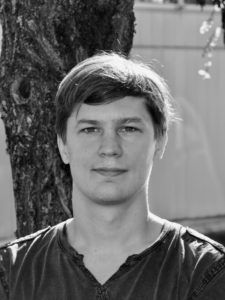About Us
The interdisciplinary HIVacToGC project aims at new approaches for therapy and prevention of HIV. Led by Prof. Dr. Ralf Wagner of the University of Regensburg, the team develops methods for the targeted transport of HIV antigens to lymph nodes.
The Federal Ministry of Education and Research (BMBF) supports the project in the context of the programme „targeted component delivery“ with a total funding of 2.4 million EUR over three years.
The Team of Prof. Wagner, Molecular Microbiology (Virology), Institute of Medical Microbiology and Hygiene, works together with the Institute of Pharmacy of the University of Regensburg (Prof. Dr. Breunig, Prof. Dr. Göpferich), the Institute of Biomolecular Nanotechnology of the TU Munich (Prof. Dr. Dietz), the Helmholtz Center Munich (Prof. Dr. Ertürk), as well as the companies 2bind GmbH and tilibit GmbH.














